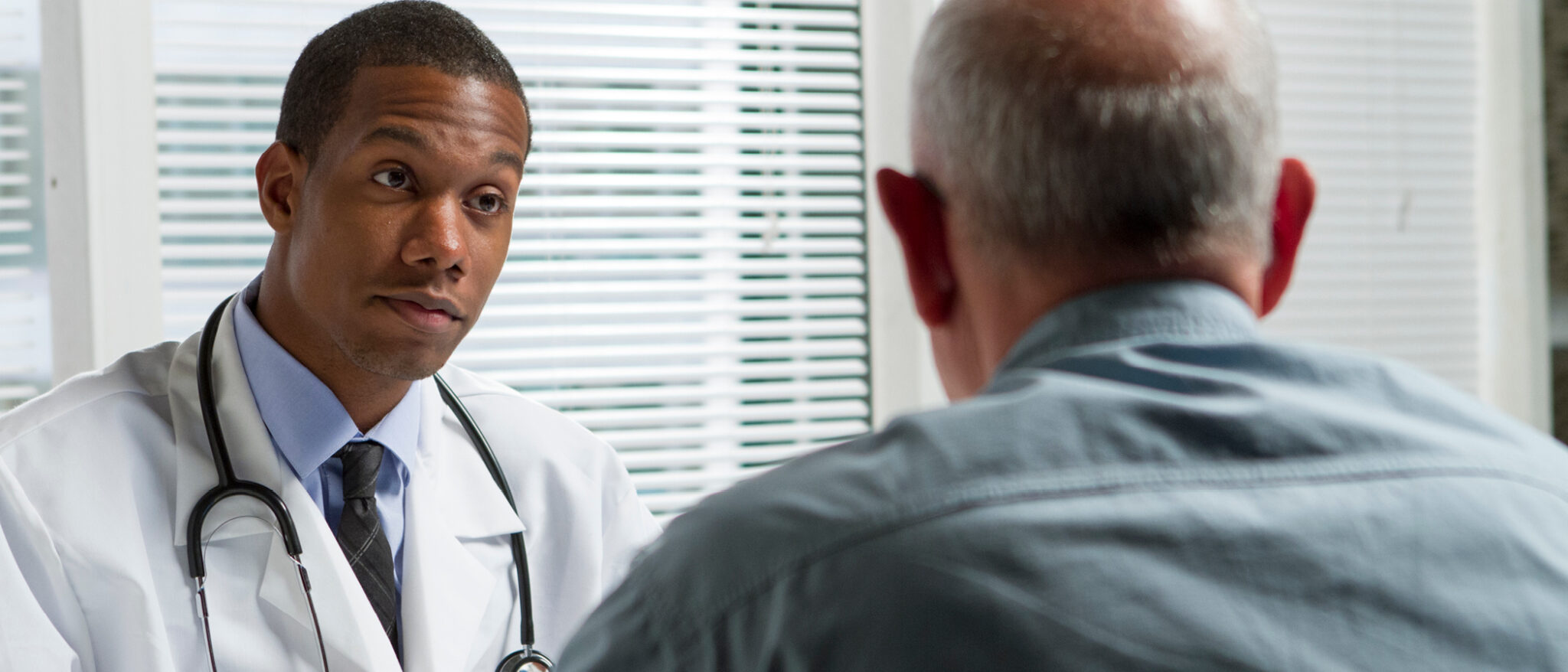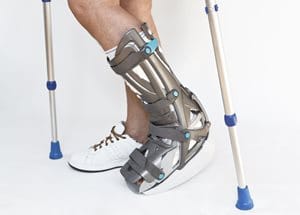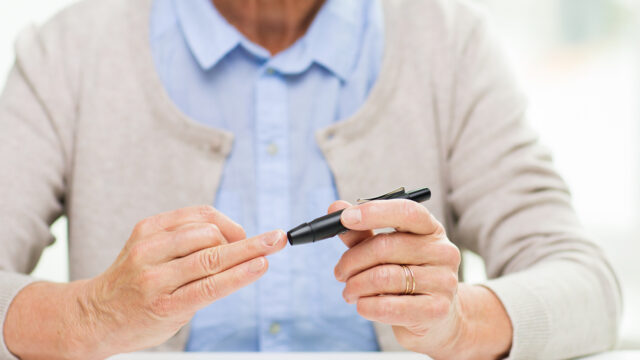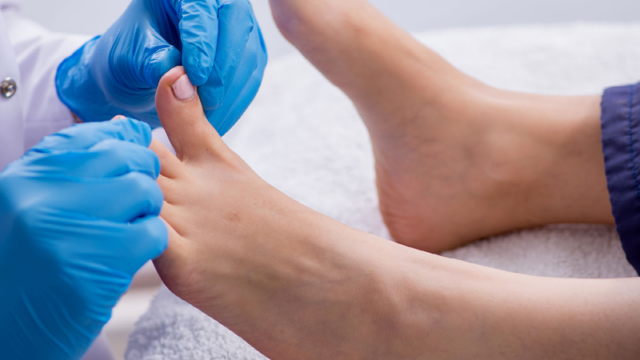What is Off-Loading?

Off-loading means not bearing weight. If your doctor recommends off-loading, you should not walk or bear weight on the extremity that has a wound or where a wound could develop. This includes your bottom or hips if you are bed or chair-bound.
Why do I have to off-load?
When you have a wound, your body needs a chance to heal the wound. The weight of your body when you walk puts a lot of pressure on your feet and ankles. This pressure keeps new skin from growing and stops new blood vessels from forming. If you have a wound on your bottom or hips, you should not sit or lie where the wound is. If you continue to bear weight on a body part that has a wound, it will take longer to heal the wound or the wound may not heal at all.
You may also be asked to off-load if you have fluid build up that makes your feet and legs swell. People with chronic venous stasis have a higher risk of wounds developing on their legs when the fluid in their legs increases. If you have this condition, your doctor may suggest that you off-load.
How do I off-load?
There are a number of ways to off-load your legs and feet. The easiest way is to stay in bed, but that isn’t always possible. In some cases, bedrest is absolutely the best way to prevent further problems and your doctor may suggest this for you.
You may be ordered a special shoe to allow you to be up on your feet. Keep pressure off the wound when you are up. The shoe may be used for balance and stability but may not be meant for walking. You may be given crutches, a walker, or wheelchair to use with the shoe.

Once your wound is healed, you need help to prevent new wounds from developing. Special shoes fitted to your foot by a foot doctor may be prescribed.
If you are chair or bed-bound you may have a special seat cushion, mattress, or bed to off-load your bottom or hips. You may be shown exercises that you can do in your chair to off-load for a few minutes at a time throughout the day. While in bed you may need to turn from side to side or lay on your back to off-load your bottom and hips. You may also have special splints or heel protectors to wear in bed. They will help to keep pressure off your feet and ankles.
If you have fluid retention, you’ll need to avoid standing and walking as much as possible. Your legs need to be elevated above the level of your heart to prevent fluid build-up. Propping your feet on a regular footstool won’t work. Sometimes a recliner with pillows works when sitting. At night, you might elevate the foot of your bed on cinder blocks to get your feet up.
Off-loading is an important part of your wound care. It is a part that only you can assure is accomplished. If you have concerns or trouble off-loading your wound, talk to your doctor. He or she will discuss options can be that will work in your situation.



